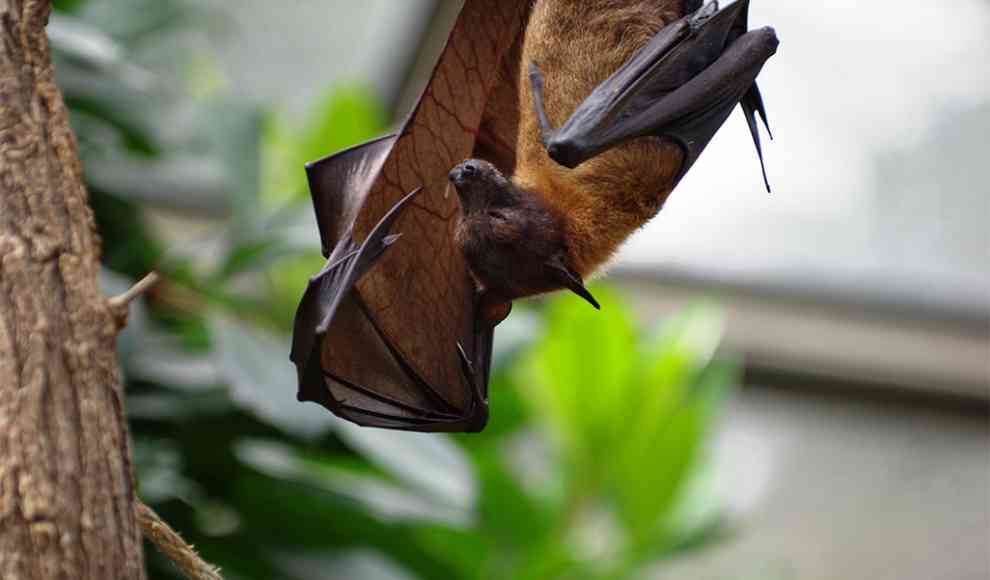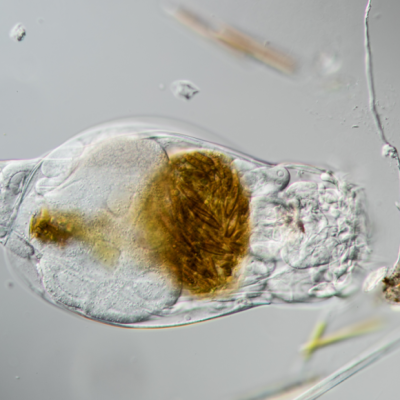A new UN study has raised concerns that diseases could increasingly jump from animals to humans in the future. The study warns that the massive exploitation of the environment by humans is having increasingly severe consequences, with zoonotic diseases, which were previously only known in animals, increasingly jumping to humans. The new coronavirus is believed to have been transmitted from animals to humans, and this could happen more frequently in the future. The UN Environment Programme (UNEP) and the International Livestock Research Institute (ILRI) have warned of this development in a recently published report. The report identifies seven trends that are driving the increasing occurrence of zoonotic diseases, including the growing demand for animal protein, unsustainable agriculture, the exploitation of wildlife, and the climate crisis.
According to the UNEP, zoonotic diseases are increasing worldwide, and African countries, some of which have successfully managed deadly zoonotic outbreaks, have the potential to use this experience to combat future outbreaks through approaches that consider the health of humans, animals, and the environment. To prevent future zoonotic outbreaks, a global rethink seems essential. The authors of the report identify the One Health approach, which combines expertise in public health, veterinary medicine, and the environment, as the optimal method for preventing and responding to outbreaks and pandemics of zoonotic diseases.
The exploitation of the environment by humans is having increasingly severe consequences, with zoonotic diseases increasingly jumping to humans. The new coronavirus is believed to have been transmitted from animals to humans, and this could happen more frequently in the future. The UN Environment Programme (UNEP) and the International Livestock Research Institute (ILRI) have warned of this development in a recently published report. The report identifies seven trends that are driving the increasing occurrence of zoonotic diseases, including the growing demand for animal protein, unsustainable agriculture, the exploitation of wildlife, and the climate crisis. To prevent future zoonotic outbreaks, a global rethink seems essential. The authors of the report identify the One Health approach, which combines expertise in public health, veterinary medicine, and the environment, as the optimal method for preventing and responding to outbreaks and pandemics of zoonotic diseases.










